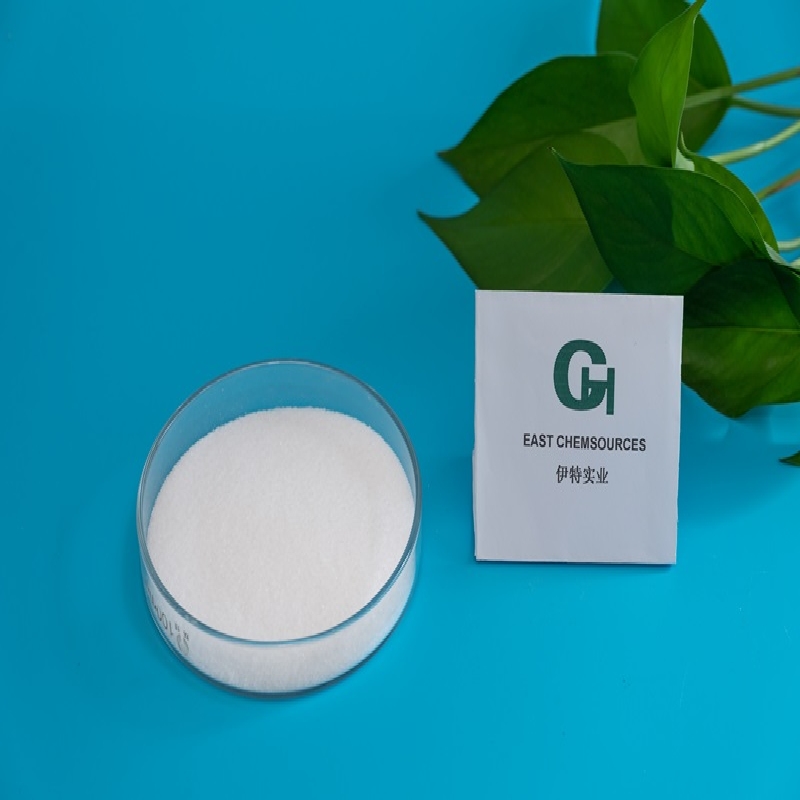-
Categories
-
Pharmaceutical Intermediates
-
Active Pharmaceutical Ingredients
-
Food Additives
- Industrial Coatings
- Agrochemicals
- Dyes and Pigments
- Surfactant
- Flavors and Fragrances
- Chemical Reagents
- Catalyst and Auxiliary
- Natural Products
- Inorganic Chemistry
-
Organic Chemistry
-
Biochemical Engineering
- Analytical Chemistry
- Cosmetic Ingredient
-
Pharmaceutical Intermediates
Promotion
ECHEMI Mall
Wholesale
Weekly Price
Exhibition
News
-
Trade Service
Alcohol use disorder, hepatitis B virus infection (HBV) and hepatitis C virus infection (HCV) are the three leading causes of liver cirrhosis globally and in China
.
It is estimated that there are approximately 700,000 deaths worldwide each year associated with HCV-related diseases, including cirrhosis and HCC
Alcohol use disorder, hepatitis B virus infection (HBV) and hepatitis C virus infection (HCV) are the three leading causes of liver cirrhosis globally and in China
The researchers divided the patients (n=22287) diagnosed with liver cirrhosis between January 2010 and December 2019 into 5 groups according to the etiology: alcoholic liver disease group (ALD, 1652 cases), hepatitis B virus group (HBV, 18079 cases), hepatitis C virus group (HCV, 682 cases), ALD+HBV group (1594 cases) and ALD+HCV group (280 cases)
.
The laboratory results and the proportions of different cirrhotic complications were compared in each group by data analysis
The results of the study showed that Child Pugh class C (28.
0% vs 18.
8%, P < 0.
001) or MELD greater than 18 (24.
1% vs 18.
5%, P < 0.
001) was significantly higher in the ALD + HBV group than in the HBV group
.
Multivariate logistic regression showed that the risk of hepatocellular carcinoma (HCC) and esophagogastric variceal bleeding (EGVB) in the ALD+HBV group were 2.
Figure: Levels of cirrhosis in patients with different types of hepatitis
This study demonstrated that heavy alcohol consumption increases the severity of liver damage and the prevalence of HCC and EGVB in patients with hepatitis virus-induced cirrhosis
.
Notably, long-term alcohol abstinence combined with antiviral therapy effectively reduced the risk of HCC and EGVB in these populations
This study demonstrated that heavy alcohol consumption increases the severity of liver damage and the prevalence of HCC and EGVB in patients with hepatitis virus-induced cirrhosis
Original source:
Kodjo-Kunale Abassa.
Effect of alcohol on clinical complications of hepatitis virus-induced liver cirrhosis: a consecutive ten-year study.
Leave a comment here







